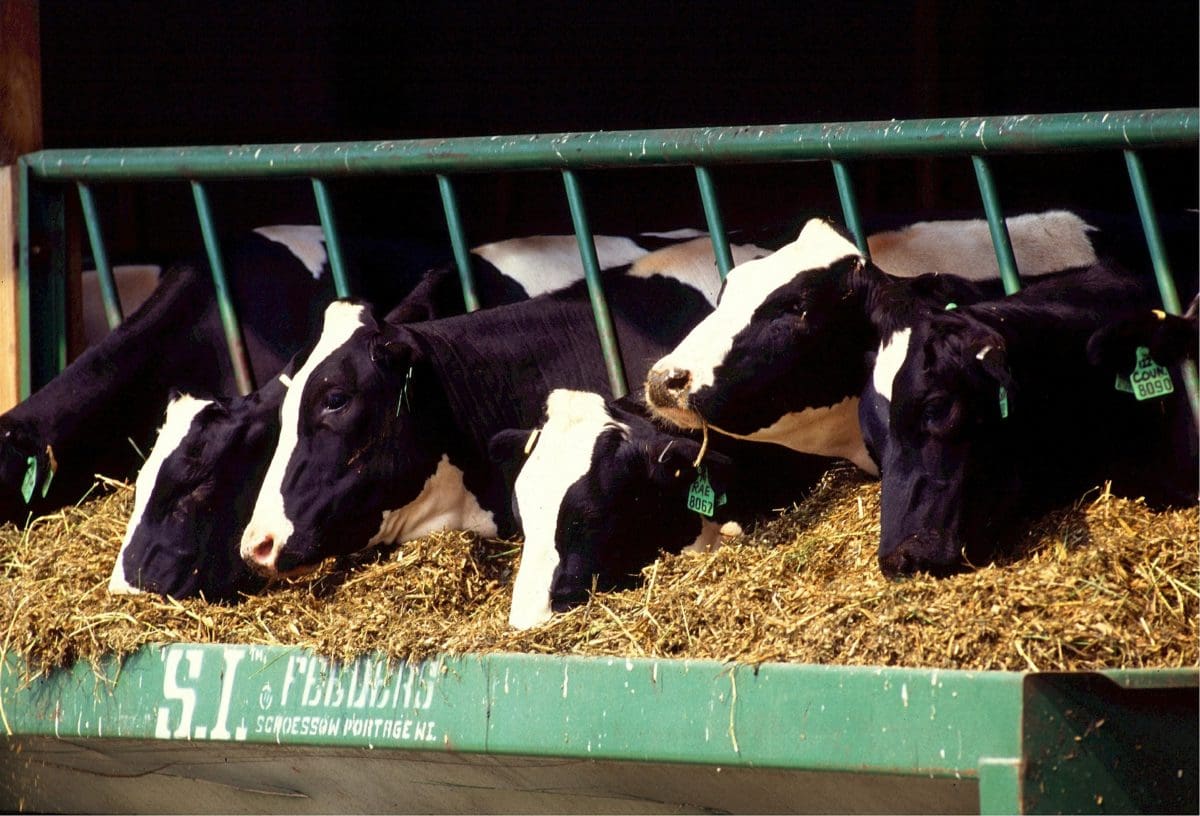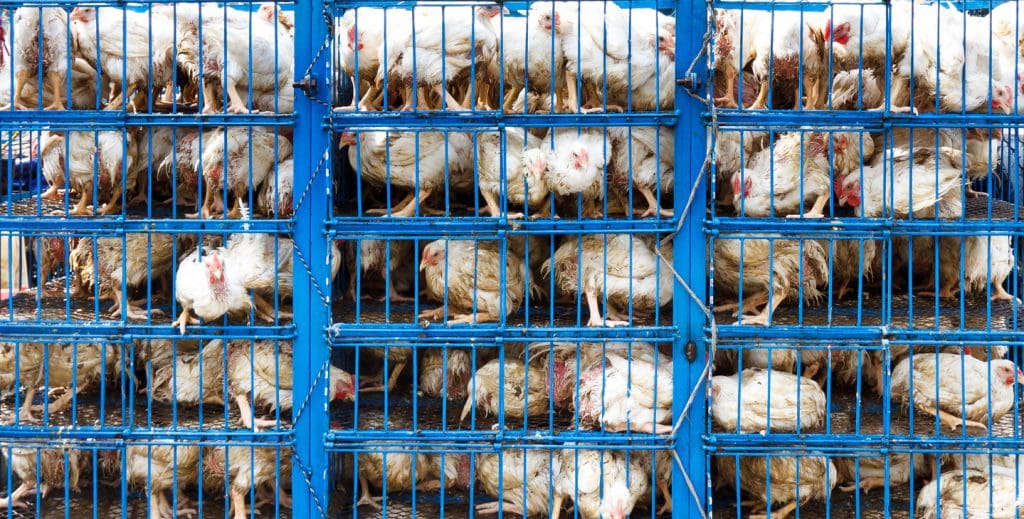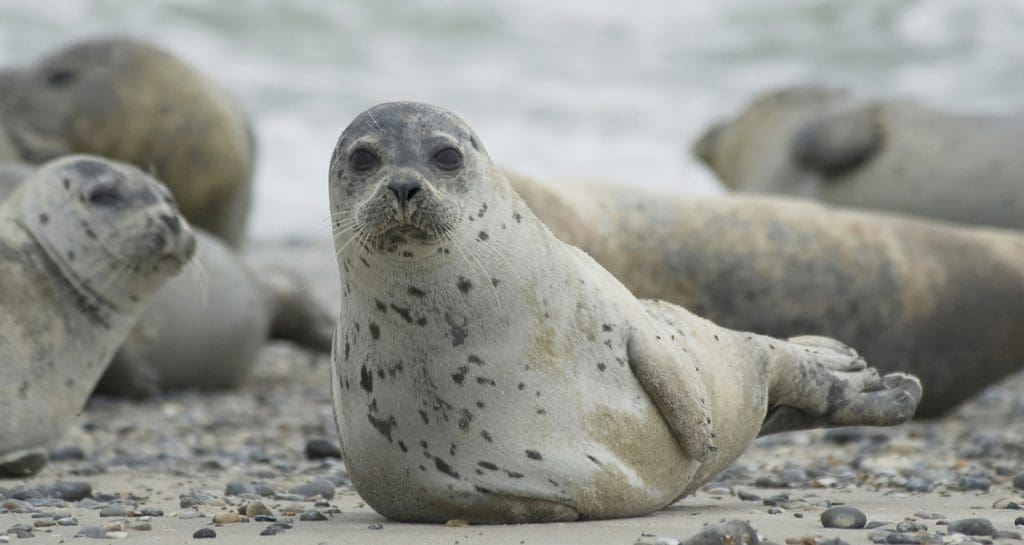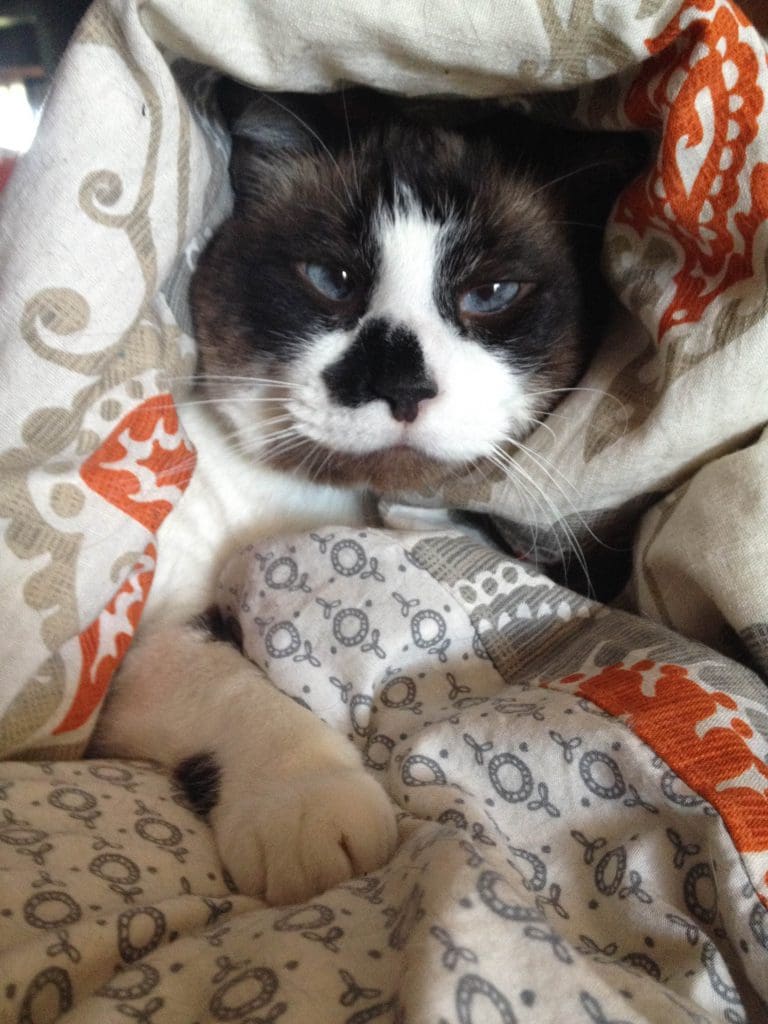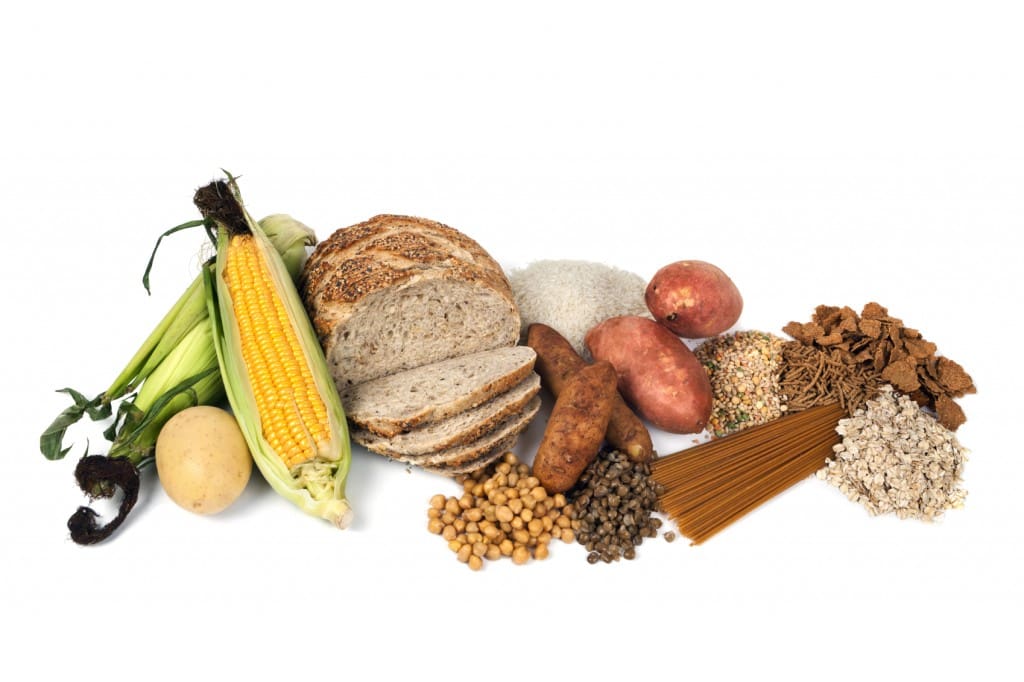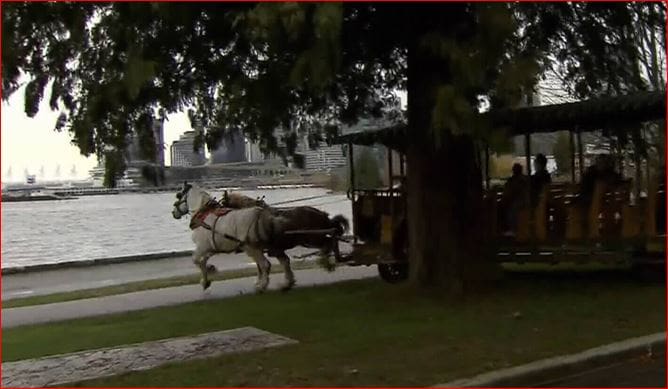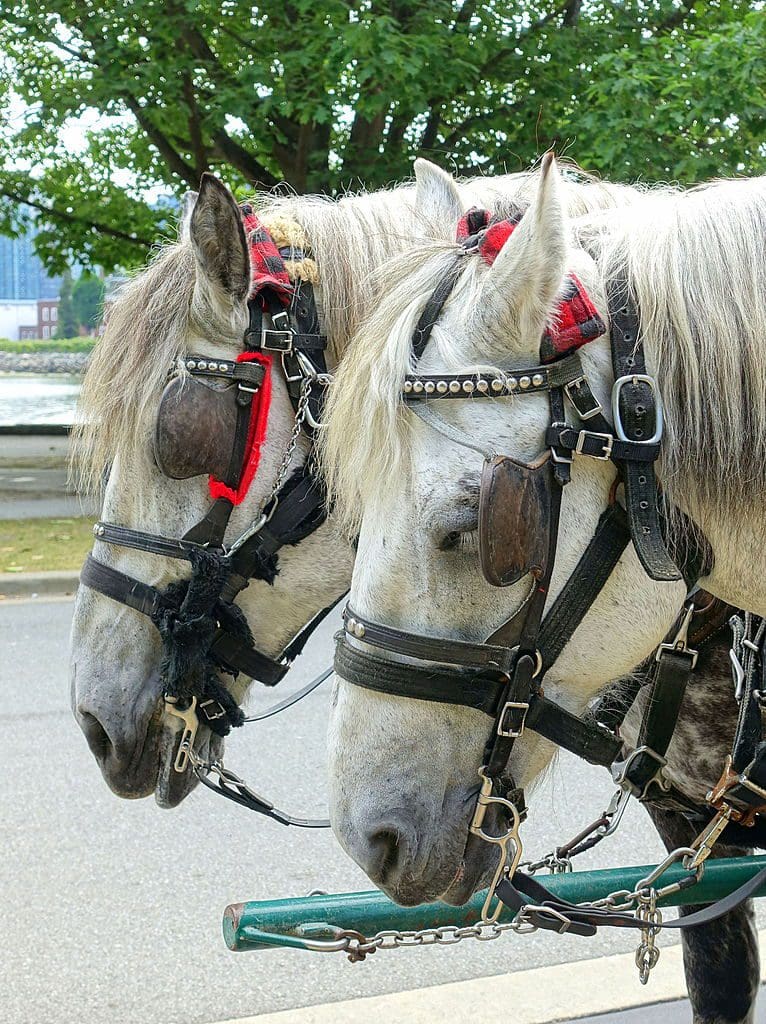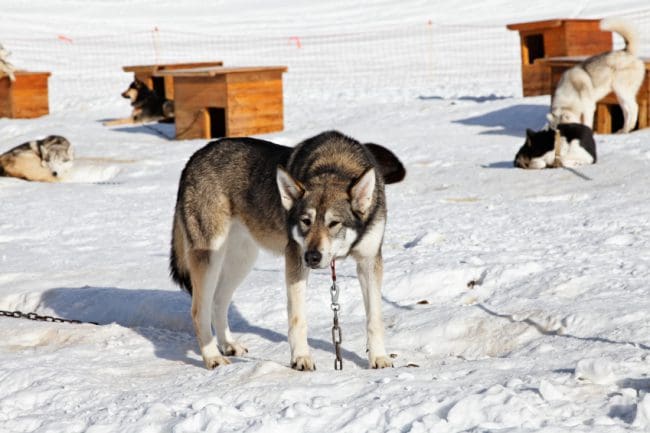Article originally published in the Georgia Straight.
Canada’s dairy industry is in trouble and that could be good news for cows. Between 1996 and 2015, per-capita consumption of milk in Canada decreased by 21.5 percent, with similar declines in the United States and Europe.
A key reason for the trend is the rise in market share of dairy alternatives—soy, nut, and other plant-based milks—that consumers are turning to in droves. The American dairy industry, in an obvious move to hobble this competition, is trying to get Congress to help outlaw the use of the word milk in marketing any of the nondairy products. Clearly, the industry is running scared.
And it’s no wonder. Revelations of poor animal welfare and evidence of the environment-damaging practices in the industry have been compounded by scientific studies undermining the health claims for dairy products.
Here in B.C., the horrific animal abuse exposed in 2014 at Chilliwack Cattle Sales, Canada’s biggest dairy operation, shocked consumers. The company, which pleaded guilty and paid a total of S300,000 in fines, was characterized as a bad apple by the B.C. Dairy Association, which stated: “We strongly believe this to not be the norm.”
While it’s impossible to know whether or not such deliberate cruelty has occurred at other B.C. dairy farms, inspection reports from the B.C. Milk Marketing Board found that one in four farms in the province failed to comply with the provincial animal-welfare Code of Practice. During an 18-month period starting in January, 2015, the inspections revealed cases of overcrowding, lame or soiled cattle, tails torn off by machinery, branding and dehorning of calves without pain medication, and other examples of poor welfare.
Beyond criminal cruelty and industry-code violations, animal welfare is routinely compromised through standard practices in dairy farming. Contrary to the images used in dairy-product marketing, most cows are denied access to pasture and are kept indoors. Yet research done at the University of B.C. has found that, guess what, cows like to go outside. Further UBC research suggests the public thinks cows should be allowed outside. But most B.C. dairy cows spend their lives confined indoors.
Another inherent issue is the separation of dairy calves from their mothers. Yet another UBC research study found that the calves experience “a negative emotional state” following the separation. The researcher, Prof. Dan Weary, has stated: “We can’t say that separation is just some instantaneous event that may be painful but doesn’t bother the animal….It does bother the animal. It bothers them enough that their mood state changes for at least a couple days.”
Again, a subsequent study found that consumers don’t like the practice, as Weary summarized: “People are dissatisfied with this idea that we’re doing something which seems very unnatural—taking a baby away from its mother in the first few hours of its life—and that we need to have awful good reasons for doing that.”
In short, just about everything in modern dairy farming raises animal-welfare concerns and the public finds it disturbing.
Consumers may overlook these issues as necessary evils because they believe dairy products to be essential to human health. But that perception is being rapidly debunked by the latest medical research. One major study found that “higher consumption of milk in women and men is not accompanied by a lower risk of fracture and instead may be associated with a higher rate of death.”
On top off all this, the dairy industry is a significant contributor to climate change, producing about four percent of global anthropogenic greenhouse gases. The industry also requires vast amounts of water and has created significant pollution in North America, China, and elsewhere.
Some of the new dairy-free products, such as almond milk, can be resource-intensive but not on the same scale as dairy milk. Newer milks—such as Ripple in the U.S. and Vancouver’s own Veggemo—are made with plentiful peas, giving them a relatively high protein content and an environmentally benign reputation.
If such alternatives continue to improve and multiply, they are likely to increase their market share at the expense of the dairy industry. If so, it could not only be good news for the cows but also for our health and the environment.

